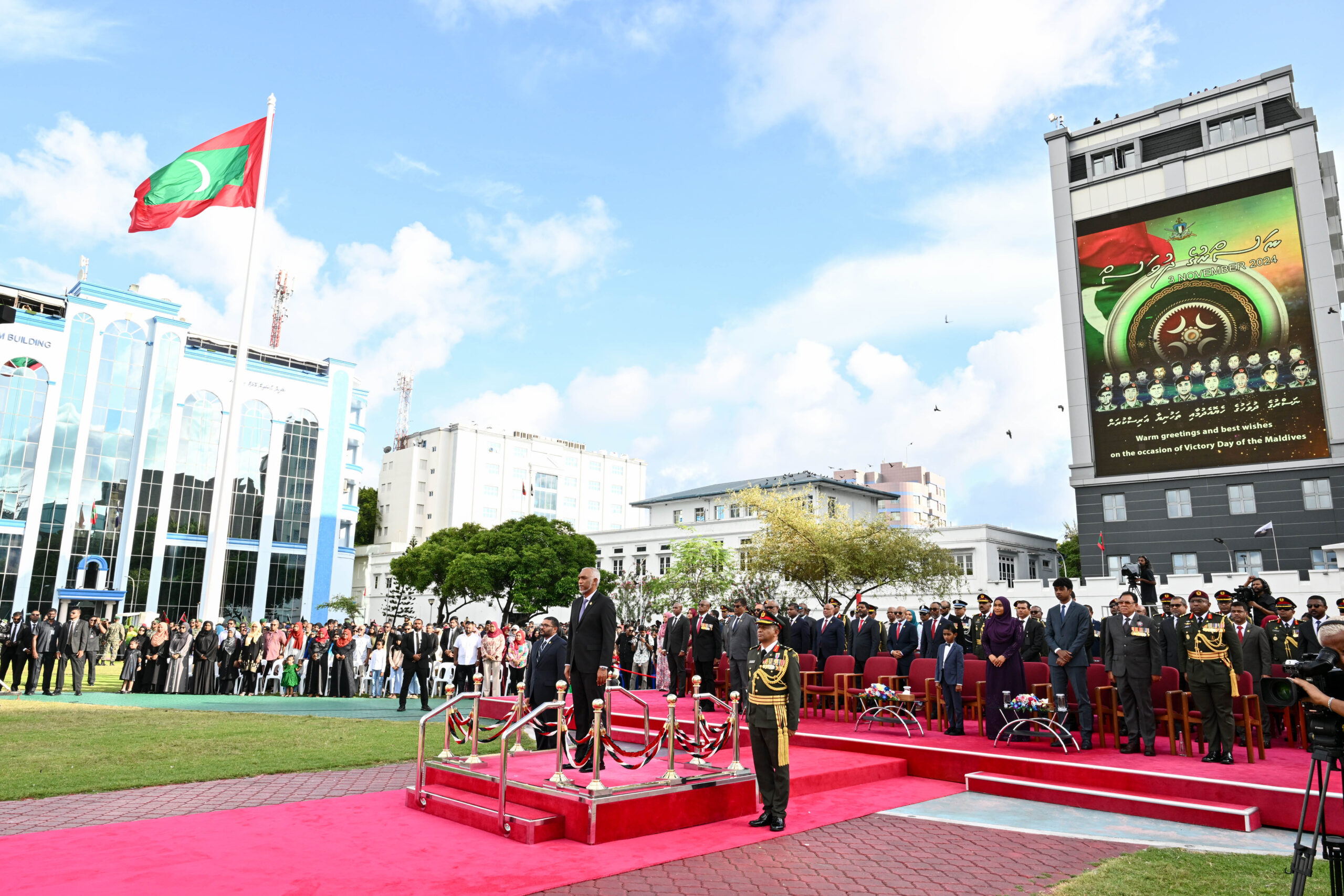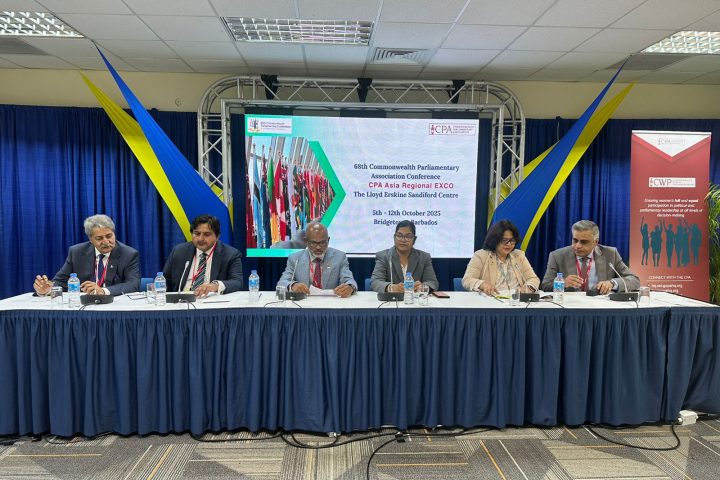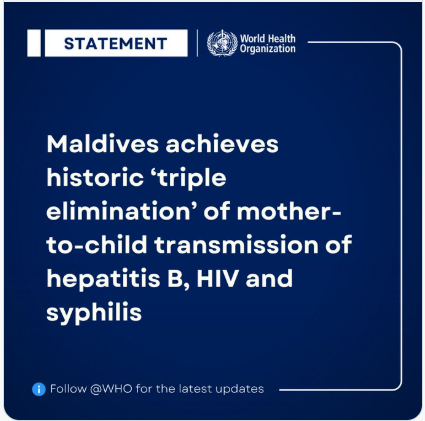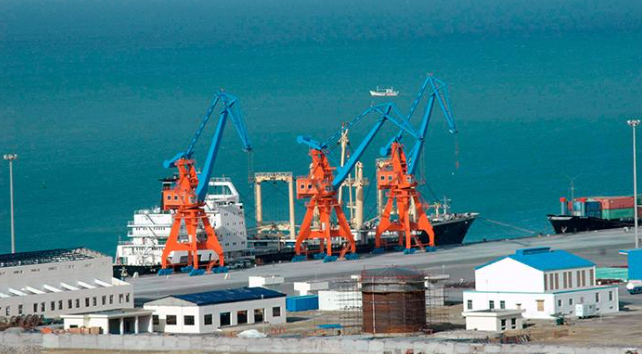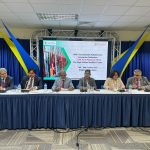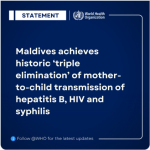MALE’, Maldives — In the heart of Malé, the capital of the Maldives, two monuments tell contrasting stories of how nations remember their history. Near the Islamic Center stands a brass plaque, modest in size at 12 inches by 6 inches, marking the events of November 3, 1988. Less than a mile away, in the Henveiru cemetery, the weatherworn gravestones of November 3 martyrs stand in quiet disrepair, competing for dignity with a nearby garbage bin and a faded cheap plastic board bearing Quranic verses.
These modest memorials belie the gravity of that November morning, when Sri Lankan Tamil mercenaries launched an armed assault in the pre-dawn hours that nearly toppled the government. The attack, which rocked the island nation to its core, has since faded into distant memory for many of the officials now guiding the country.
“I was just a child when it happened,” recalls a senior government official, speaking on condition of anonymity because they weren’t authorized to discuss such matters. “We heard the gunfire, but at that age, you don’t understand the weight of what’s happening.”
What’s most striking is that many of today’s state leaders, including the current Defense Minister, were schoolchildren when the violence erupted. Some had not yet reached their teens, their understanding of the event shaped more by textbooks than personal memory.
For years, November 3 had evolved into something quite different from its solemn origins. Government employees and students came to know it primarily as a welcome break from routine – a holiday in the calendar, an opportunity for island getaways and family gatherings. Official observances had grown perfunctory: a flag-raising ceremony, some patriotic broadcasts on state media, and then back to normal life.
“It used to be just another day off,” says Ahmed Hassan, a retired civil servant who witnessed the 1988 attacks. “People would enjoy the holiday, but few would reflect on why we were marking this date.”
The contrast between the historical significance of the day and its recent treatment reflects a broader challenge: how to maintain the memory of crucial historical events when those in power have no direct connection to them. The modest monuments, tucked away in overlooked corners of the capital, seemed to mirror this fading collective memory.
Until now.
President Dr. Mohamed Muizzu has infused this significant date with new life, transforming what had become merely another civil service holiday into a day of profound national reflection.
“Our national principles must always transcend political differences,” said former President Maumoon Abdul Gayoom, whose voice bore the weight of someone who faced down armed mercenaries. “Victory Day taught us an enduring lesson – the willingness of our people to sacrifice their lives for the nation’s honor and dignity runs deep in our collective spirit.”
In a poignant parallel, President Muizzu’s administration drew connections between November 3 for Maldivians and November 2 for Palestinians — both dates marking defining moments in their respective histories. While the Balfour Declaration triggered a century of displacement for Palestinians, the Maldives managed to repel the most severe threat to its sovereignty in its 3,000-year history, aside from a brief 15-year Portuguese occupation. As the Maldives commemorates Victory Day, it stands as the oldest unified country in South Asia, with a long legacy of resilience and sovereignty.
This year’s commemorations began with dawn prayers at the Islamic Center, attended by President Muizzu, followed by a series of carefully choreographed events: a flag-raising ceremony at the November 3 Memorial, the opening of a historical exhibition, and a military parade. The day culminated in a ceremony that bridged past and present, spotlighting the nation’s military heritage.
In perhaps the day’s most moving moment, decorated soldier Moosa Ali Jaleel received the Grand Order of Military Honour (GOMH) after a 36-year wait. Tears rolled down his cheeks, washing away decades of longing for recognition.

Former President Gayoom, who led the country during the 1988 attack, provided historical context and cautioned about future security challenges. His presence lent gravitas to an occasion that seemed to blend the past with the present.
The revival of Victory Day represents more than just historical commemoration. Under President Muizzu’s direction, it has become a platform for discussing defense modernization and the importance of maintaining sovereignty in an increasingly complex geopolitical landscape.
“The sovereignty we celebrate today isn’t just about remembering our past – it’s about securing our future,” President Muizzu declared at the Victory Day commemoration. “Our government is initiating crucial measures to enhance our armed forces’ capabilities and strengthen their capacity to protect our independence and security.”
As the day drew to a close, the contrast between the humble Henveiru cemetery memorial and the grandeur of the official ceremonies served as a powerful reminder of how nations choose to remember their history — and how new leadership can breathe fresh meaning into longstanding traditions.
